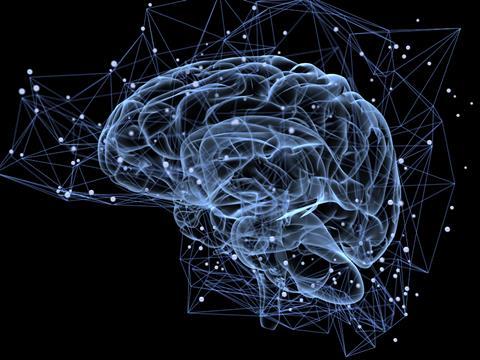
It is fascinating to understand how our brains have evolved and how the ‘reptile’ and ‘chimp’ in us all are still running the show. Assuming your organisation has the right strategy, the next significant challenge is people, communication, and relationships. So how do these different parts of the brain affect the quality of our performance at work?
Our ‘reptile’ brains supply our freeze, flight or fight responses. The limbic brain deals with relatedness, memories and feelings. But it works in black and white, making emotional decisions. Then, just 200,000 years ago, the neocortex evolved, allowing us to operate at a conscious level - but it runs about five times slower.
John came for coaching as he felt he wasn’t capable of becoming a ‘strong’ leader. When he gave feedback the team member would become defensive and blame others (fighting-reptile and chimp-emotional response). By understanding the workings of the brain, we can learn to engage the neocortex for logical and rational thinking and develop better ways to communicate.
Read more: Big food brand to startup - what to expect when taking the leap
David Rock, author of ‘Our Brain at Work’, has a simple model called SCARF. The model describes the interpersonal primary rewards or threats that are important to the brain.
Status - ‘I want to talk to you about your performance’ becomes ‘Let’s spend some time reviewing how you feel things are going’
Certainty - ‘There’s going to be change around here’ becomes ‘Let’s look at what we can control’
Autonomy - ‘I can only see two ways you can do this’ becomes ‘Let’s explore options’
Read more: Resisting change isn’t always bad - but you must be flexible
Relatedness - ‘I think you need to work on your own’ becomes ‘I look forward to working with you on this, involving others if needed’
Fairness - ‘Ignore everyone else, just keep me informed’ becomes ‘Transparency is important, so let’s be as open as we can about all this’
John learned to ask himself a question: in any given situation did he like the feeling or thoughts he was having? If the answer was no, he recognised it as a reptile or chimp reaction.
By understanding the workings of the brain, we can learn to manage our thoughts. This allows us to make better objective decisions and communicate more effectively, resulting in better trusting relationships, keeping the reptile and chimp in perpetual hibernation.
Jennifer Baker is a professionally trained executive coach with a strategic business background



















No comments yet